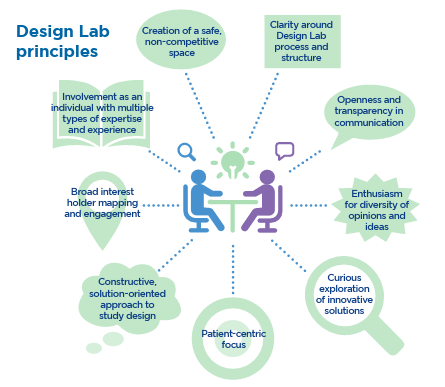Seminars & Workshops
Cardiac Cachexia Across SpeciesHow can veterinarians and physicians collaborate to solve health problems?
Learn about a practical example of One Health, a multi-disciplinary approach to address a common and serious health condition, at Tufts Medical Center’s Medical Ground Rounds on October 5.
Lisa Freeman, DVM, PhD, DACVN, Director of Tufts CTSI One Health Program and Amanda Vest, MBBS, MPH, Medical Director, Cardiac Transplantation Program, will discuss their research collaboration for improved diagnosis and treatment of cardiac cachexia, a complex wasting condition recognized in as many as 20-50% of humans with systolic heart failure and in similar numbers of pet dogs with spontaneously-occurring heart failure.
This one-hour seminar will present current challenges in the clinic and research, and novel opportunities to identify cardiac cachexia earlier and to treat it more effectively through One Health methods.
After the seminar, participants will be able to:
- Recognize similarities and differences in cardiac cachexia across species.
- Describe the mechanisms underlying cardiac cachexia.
- List methods for diagnosing cardiac cachexia.
- Discuss the potential benefits of cross-species research in developing strategies for treating cardiac cachexia.
Details
Friday, October 5, 2018, 12:00-1:00PM
Wolff Auditorium, Tufts Medical Center, 800 Washington Street, Boston
You are welcome to bring your own lunch.
This Grand Rounds is designed by Tufts CTSI, an NIH-funded research services organization for the Tufts community and beyond.
Registration
Registration is not required.



